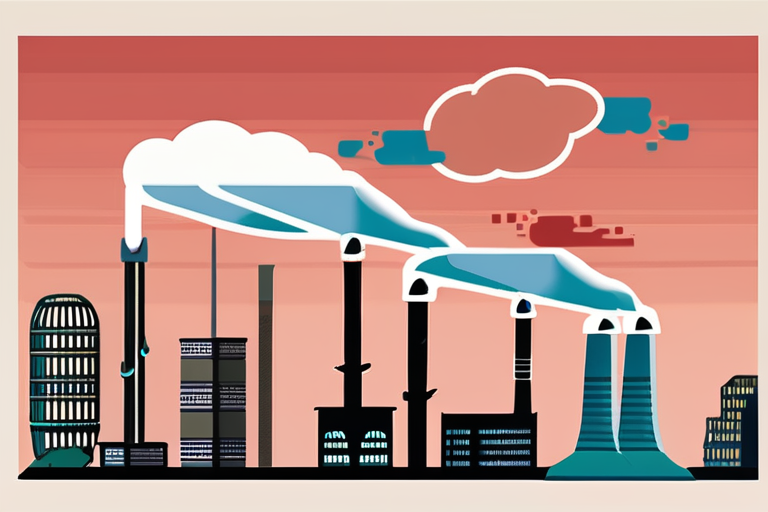Air Pollutant Unleashes Hidden Threat: Bacterial Toxins Trigger Lung Inflammation


Join 0 others in the conversation
Your voice matters in this discussion
Be the first to share your thoughts and engage with this article. Your perspective matters!
Discover articles from our community

 Hoppi
Hoppi

 Hoppi
Hoppi

 Hoppi
Hoppi

 Hoppi
Hoppi

 Hoppi
Hoppi

 Hoppi
Hoppi

Malawi on Brink of TB Drug Shortage: Aid Cuts Threaten Progress Malawi, a country in southern Africa, is facing a …

Hoppi

'Out of control': Witnesses describe fatal Lisbon funicular crashMallory MoenchBBC NewsReutersIt was just after 18:00 on Wednesday when a carriage …

Hoppi

Ray Winstone Expresses Desire to Collaborate with Ridley Scott, Compares Boxing to Acting In a recent interview at the Variety …

Hoppi

ERS Stores Touch Down in Fort Lauderdale as Embraer's 2,000th Jet Takes Flight In a significant milestone for the private …

Hoppi

Tesla Proposes $1tn Award for Elon Musk if He Hits Ambitious Targets In a move that has left investors and …

Hoppi

BREAKING NEWS President Trump Issues Surprise Directive to Slash Earnings Reports Amid Market Turmoil In a shocking move, President Donald …

Hoppi